Discover the Women of the Hall
These are the Inductees of the National Women’s Hall of Fame. Select any of the women to discover their stories and learn how they have influenced other women and this country.
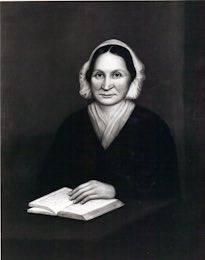 Mary Lyon
Education
1797
1993
Mary Lyon
Education
1797
1993

Mary Lyon
Founded the first college for women, Mount Holyoke (1837). Mount Holyoke became the model for institutions of higher education for women nationwide. Lyon based her school on sound finances and high quality education in all disciplines, encouraging and educating women to reach beyond teaching and homemaking.
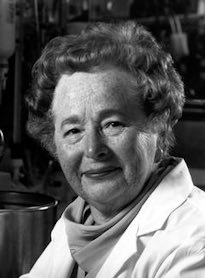 Gertrude Belle Elion
Science
1918
1991
Gertrude Belle Elion
Science
1918
1991

Gertrude Belle Elion
1988 Nobel Prize winner who spent a lifetime creating drugs to combat leukemia, gout, malaria, herpes and other auto-immune diseases. Elion’s work saved many lives, and led to the development of the first major AIDS drug AZT.
 Billie Jean King
Athletics
1943
California
1990
Billie Jean King
Athletics
1943
California
1990

Billie Jean King
Dominated the world of tennis for more than 20 years, winning 20 Wimbledon titles, 13 U.S. Open titles and more. King was the founder of the Women’s Tennis Association and helped create the Women’s Sports Foundation.
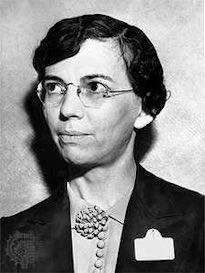 Florence B. Seibert
Science
1897
1990
Florence B. Seibert
Science
1897
1990

Florence B. Seibert
Scientist who made it possible to test for tuberculosis and who pioneered safe intravenous therapy. Siebert also devoted many years to cancer research.
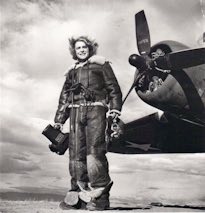 Margaret Bourke-White
Arts
1904
New York
1990
Margaret Bourke-White
Arts
1904
New York
1990

Margaret Bourke-White
Trailblazing photographer, recording the Depression, London in the Blitz, Stalin and the Kremlin, World War II and more as the paramount photographer for Life, Fortune and other publications.
 Barbara Jordan
Government
1936
1990
Barbara Jordan
Government
1936
1990

Barbara Jordan
First African American woman elected to Congress from the south and the first African American woman to deliver the keynote address at the convention of a major political party (Democratic Convention, 1976). Known as having a brilliant legal mind, Jordan became a professor and lecturer after retiring from Congress.
 Gwendolyn Brooks
Arts
1917
Kansas
1988
Gwendolyn Brooks
Arts
1917
Kansas
1988

Gwendolyn Brooks
Poet and novelist. Brooks was the first African American woman to win the Pulitzer Prize (Annie Allen, 1949). She was very active in the Black arts movement.
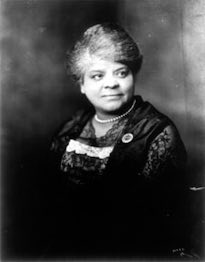 Ida B. Wells-Barnett
Arts, Humanities
1862
Mississippi
1988
Ida B. Wells-Barnett
Arts, Humanities
1862
Mississippi
1988

Ida B. Wells-Barnett
African American leader, anti-lynching crusader, journalist, lecturer and community organizer who fought social injustice all her life. Wells-Barnett sued a railroad over segregated seating, criticized segregated education and became editor and part owner of a newspaper. The horrors of lynching inspired her to lead a major effort to abolish the atrocity.
 Sally Ride
Science
1951
California
1988
Sally Ride
Science
1951
California
1988

Sally Ride
First American woman astronaut (1983), when she rode aboard the Challenger into space. A scientist, Ride served as the Director of the California Space Institute at the University of California, San Diego.
 Willa Cather
Arts
1873
Virginia
1988
Willa Cather
Arts
1873
Virginia
1988

Willa Cather
Newspaperwoman and editor who became an outstanding novelist with the publication of O Pioneers in 1913. Cather went on to write other great novels and won the Pulitzer Prize in 1922. Her well-known works include My Antonia and Death Comes for the Archbishop.
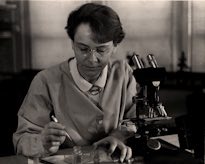 Barbara McClintock
Science
1902
1986
Barbara McClintock
Science
1902
1986

Barbara McClintock
Geneticist who pioneered work in maize genetics and the complex mechanisms which control and regulate cell development. McClintock helped to advance scientific understanding of this important field. In 1983 she received the first unshared Nobel Prize in medicine ever awarded to a woman.
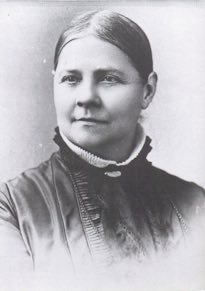 Lucy Stone
Humanities
1818
Massachusetts
1986
Lucy Stone
Humanities
1818
Massachusetts
1986

Lucy Stone
Early suffrage leader who began as an anti-slavery public advocate, followed by a lifetime of work for women’s right to vote. Stone was a sophisticated political tactician and founded The Women’s Journal, a fascinating archive of women’s history published from 1870 to 1893.
 Harriet Beecher Stowe
Arts
1811
Connecticut
1986
Harriet Beecher Stowe
Arts
1811
Connecticut
1986

Harriet Beecher Stowe
Author and daughter of a minister, Stowe became one of the first women to earn a living by writing, publishing the best-seller Uncle Tom’s Cabin in 1852. Although she wrote much more, her best-seller was often acclaimed as a major factor in the drive to abolish slavery.
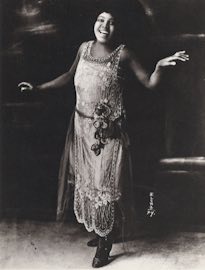 Bessie Smith
Arts
c.1894
Tennessee
1984
Bessie Smith
Arts
c.1894
Tennessee
1984

Bessie Smith
One the nation’s great blues singers, Smith earned stardom from her first record 1923’s “Down Hearted Blues,” which sold two million records. The “Empress of the Blues,” made more than 160 recordings with many of the country’s finest jazz musicians.
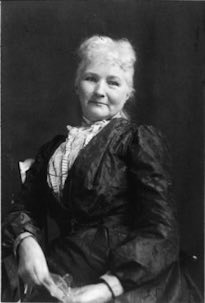 Mary "Mother" Harris Jones
Humanities
1837
Ireland
1984
Mary "Mother" Harris Jones
Humanities
1837
Ireland
1984

Mary "Mother" Harris Jones
Labor organizer and agitator who was a major figure in the American labor movement. For decades, Jones spoke out and organized for social justice for workers. She worked on behalf of the United Mine Workers and other groups.
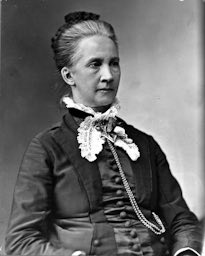 Belva Lockwood
Government
1830
New York
1983
Belva Lockwood
Government
1830
New York
1983

Belva Lockwood
First woman to practice law and argue a case before the U.S. Supreme Court (1879). Lockwood became a lawyer when she was 40 and used her knowledge to help secure women’s suffrage, property law reforms, pay equity and world peace. She helped open the legal profession to women.
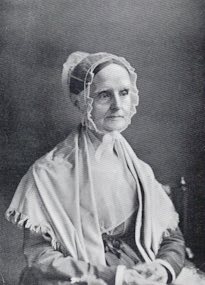 Lucretia Mott
Humanities
1793
1983
Lucretia Mott
Humanities
1793
1983

Lucretia Mott
Quaker anti-slavery advocate, who, after meeting Elizabeth Cady Stanton, became a leader in the women’s rights movement. Mott was a planner of the first Women’s Rights Convention in Seneca Falls in 1848, and she remained true to her sense of justice for African Americans and women throughout her life.
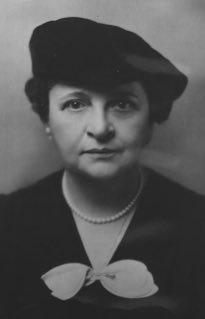 Frances Perkins
Government
1880
Massachusetts
1982
Frances Perkins
Government
1880
Massachusetts
1982

Frances Perkins
Public official and first woman to hold a Presidential Cabinet office and first woman Secretary of Labor. Appointed by President Roosevelt in 1932, she served for all of his terms, 1933-1945.
 Carrie Chapman Catt
Humanities
1859
Wisconsin
1982
Carrie Chapman Catt
Humanities
1859
Wisconsin
1982

Carrie Chapman Catt
Tenacious women’s suffrage organizer whose efforts at the helm of the National American Women Suffrage Association put forth the “winning plan” that led to state-by-state enactments of suffrage and the final victory in 1920.
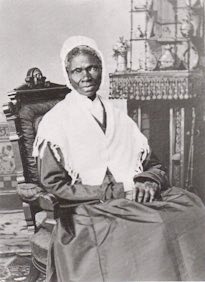 Sojourner Truth
Humanities
c.1797
New York
1981
Sojourner Truth
Humanities
c.1797
New York
1981

Sojourner Truth
Abolitionist born a slave who became a Quaker missionary. Truth eventually became a traveling preacher of great influence who worked in the antislavery movement. She learned about women’s rights, and adopted that cause as well. She went on to counsel and help newly freed African Americans.
 Margaret Sanger
Humanities
1879
1981
Margaret Sanger
Humanities
1879
1981

Margaret Sanger
Nurse and social reformer. After seeing many poor women in New York City damaged and dying from attempts to end unwanted pregnancies, she fought for reform. Sanger underwent arrests and imprisonment for distributing information on birth control and contraception.
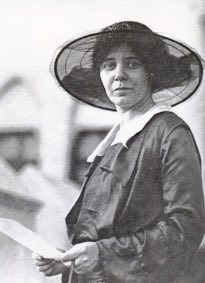 Alice Paul
Humanities
1885
1979
Alice Paul
Humanities
1885
1979

Alice Paul
Social reformer. Reared a Quaker, Paul found most of the women’s suffrage movement too slow and passive. After earning a Ph.D. from the University of Pennsylvania in 1912, she campaigned aggressively for women’s suffrage, using picketing and demonstrations to draw attention to the issue. Paul founded the women’s party, which demanded passage of the Equal Rights Amendment.
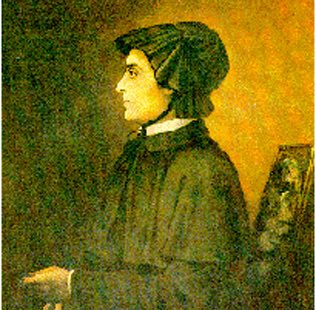 Elizabeth Bayley Seton
Humanities
1774
1979
Elizabeth Bayley Seton
Humanities
1774
1979

Elizabeth Bayley Seton
The first native-born American woman to be canonized a saint by the Roman Catholic Church. After raising a family, “Mother Seton” became a Sister of Charity and worked as an educator and leader of the order. She was known for her extraordinary virtue and kindness, and incidents of miraculous healing are attributed to her.
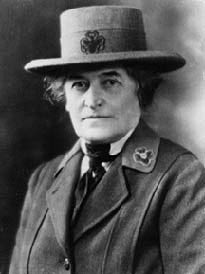 Juliette Gordon Low
Humanities
1860
Georgia
1979
Juliette Gordon Low
Humanities
1860
Georgia
1979

Juliette Gordon Low
As a tireless champion of young girls, Juliette Gordon Low founded the Girl Scouts of the USA (1912). Today, there are more than 3 million girl and adult members of the Girl Scouts of the USA.
